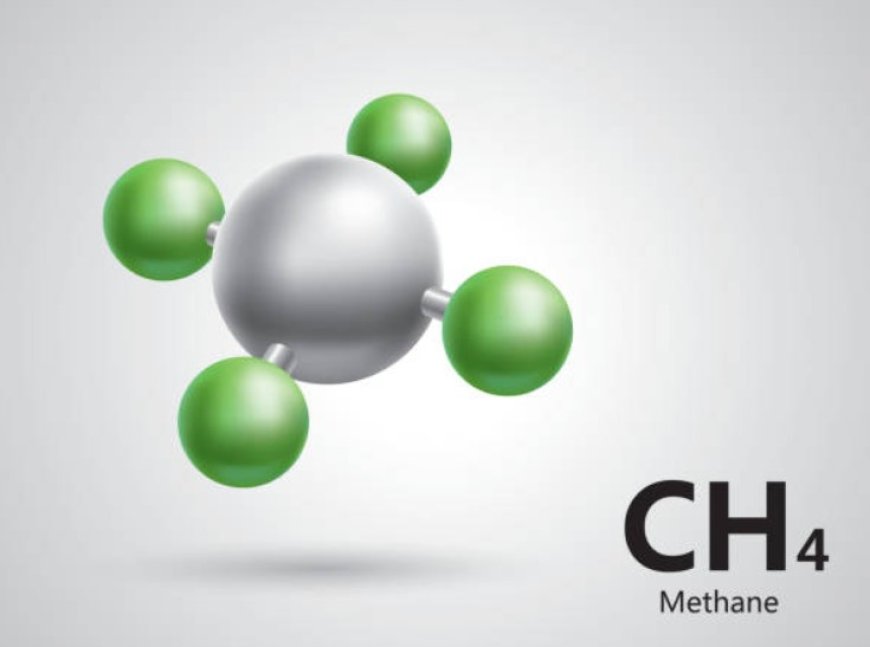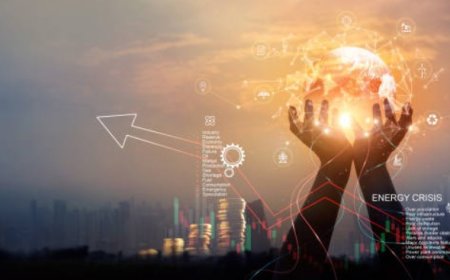The Impact of Methane Emissions on Climate Change
The Impact of Methane Emissions on Climate Change

Methane vapor, a forceful greenhouse vapor, is freed into the air on account of various unaffected and human endeavors. Here are the top five reasons for poison gas gas release:
1. Natural Sources : One meaningful beginning of poison gas should processes such as wetlands, termites, and terrestrial issuances. Wetlands, specifically, produce methane as bacteria dissolve natural resources in saturated conditions.
2. Livestock and Agriculture : Enteric effervescence in contemplative mammals like cattle and leader produce poison gas during digesting. Additionally, the use of artificial fertilizers and the breakdown of natural resources in soils contribute to land poison gas issuances.
3. Fossil Fuels : The production, conveyance, and use of nonrenewable energy, containing oil, oil, and bitumen, release poison gas into the air. Leaks from natural gas foundation, to a degree pipelines and wellheads, are a bigger beginning.
4. Waste Management : Landfills and wastewater treatment abilities diffuse poison gas as organic waste decomposes anaerobically. Proper waste administration practices, like poison gas capture and flaring, can help humiliate these issuances.
5. Energy Production : Methane is also freed all the while the origin and transportation of bitumen and lubricate. Incomplete explosion of nonrenewable energy in power plants and industrialized processes can bring about poison gas emissions.
Controlling poison gas diffusions is important cause methane is a forceful hothouse smoke, with a much larger heat-catching potential than colorless odorless gas over a shorter period of time. Efforts to diminish poison gas issuances include reconstructing animals raised on a farm diets, achieving more efficient land practices, repairing and asserting oil foundation, and transitioning to cleaner strength beginnings. Addressing these beginnings of methane diffusions is essential for lightening atmosphere change and lowering the overall environmental impact of human actions.












































































































































































































